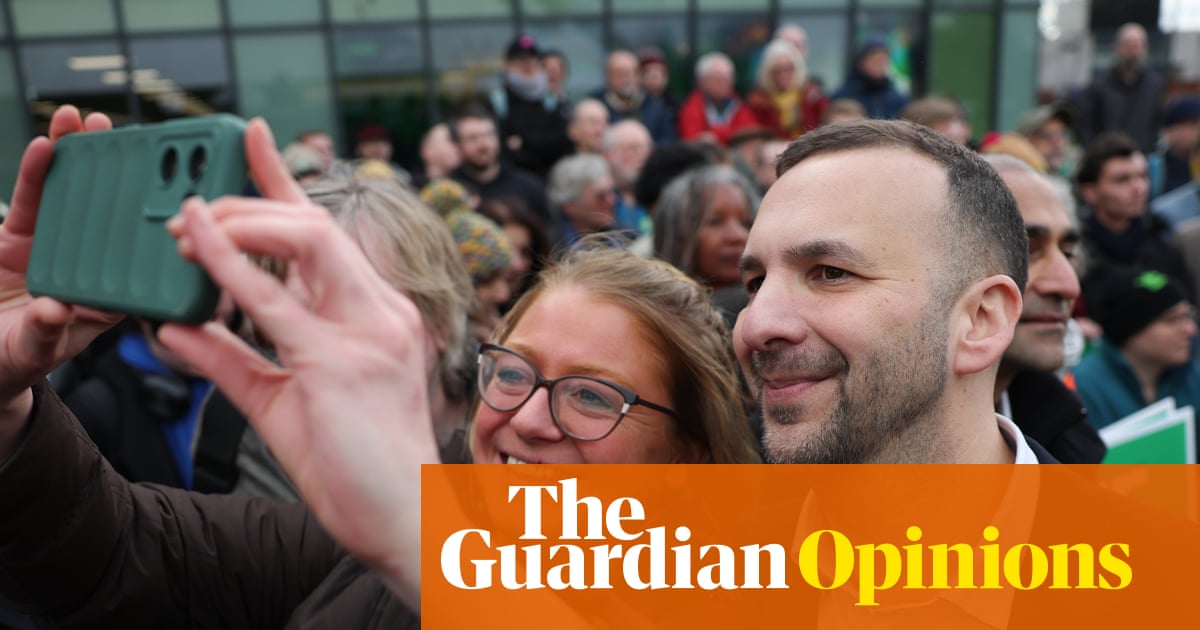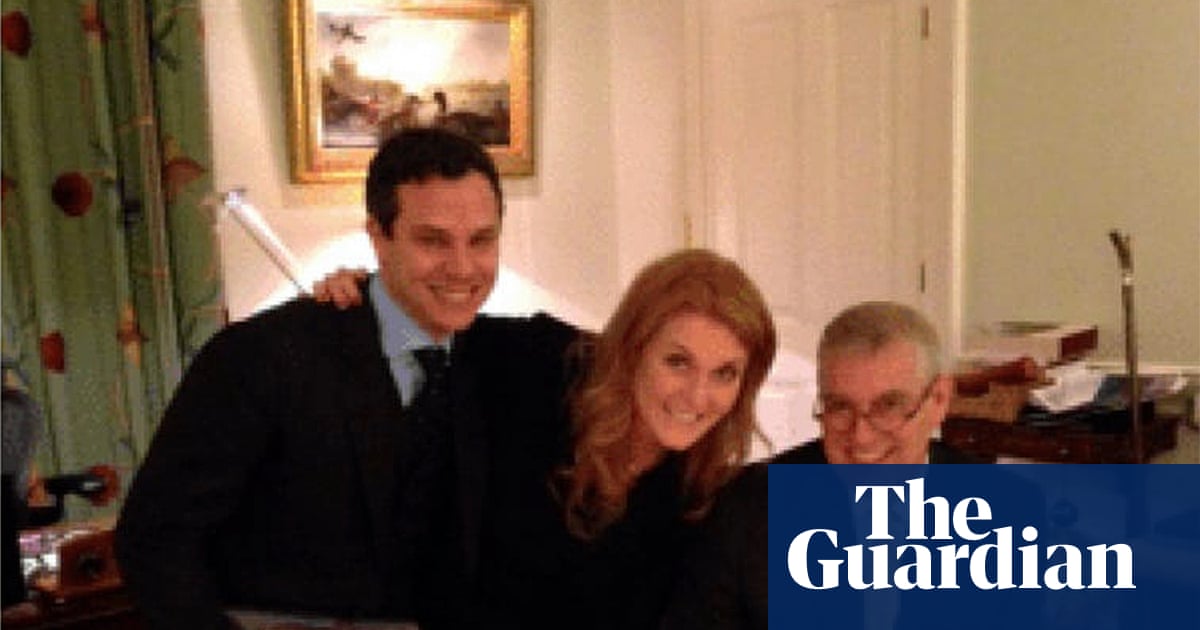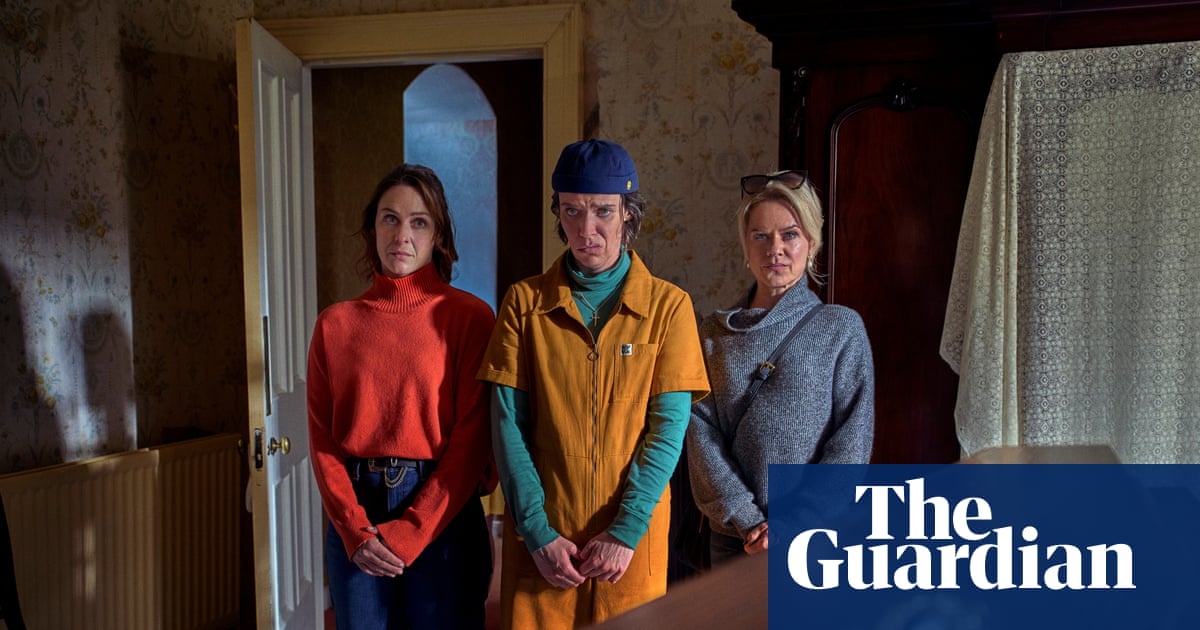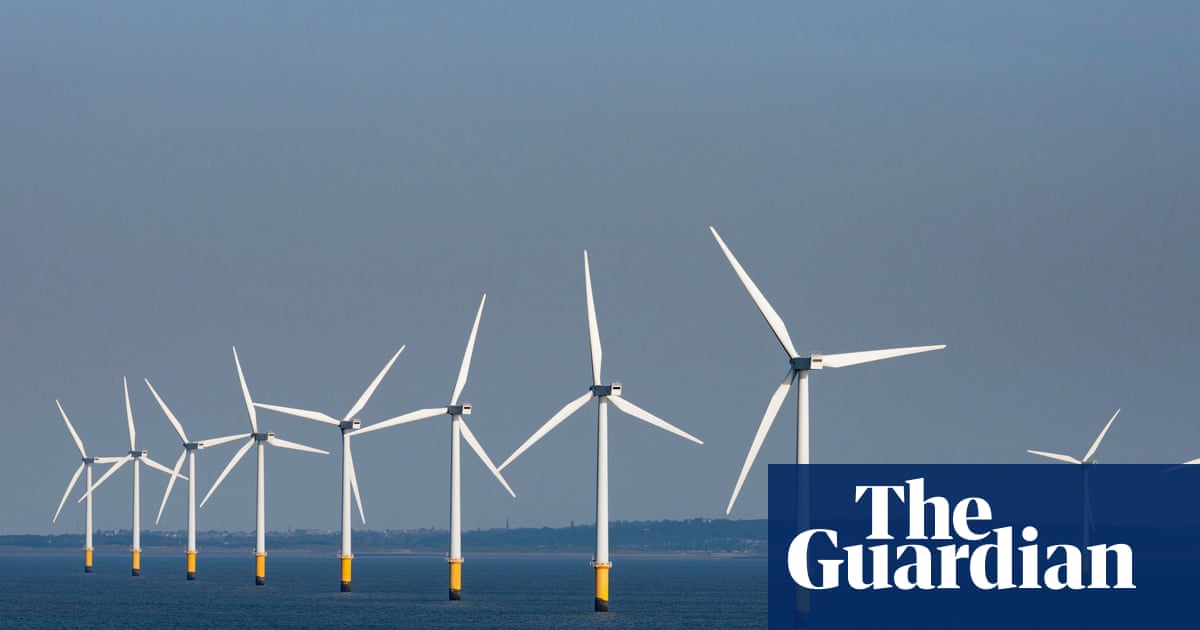It’s rare to watch a political calamity advance with such gruesome inevitability. Rachel Reeves’s reported plan to shred Labour’s flagship tax pledge in the upcoming budget is so plainly disastrous that it invites the suspicion that the party leadership has completely lost its senses. But madness would be too generous an alibi for a faction that long ago abandoned any purpose beyond wielding icepicks against its own left.
Labour’s 2024 election campaign offered no story, no clear moral argument, no real sense of direction. That vacuum explains why, even after being handed power, thanks to the most shambolic government in modern British history, Labour mustered only a third of the vote. The tax pledge was one of the few recognisable threads of coherence.
For example: “Labour will not put up your income tax, national insurance or VAT,” tweeted Reeves on 4 June 2024, denouncing the Conservatives as “the party of high tax”. A week later, Keir Starmer told Sky News in Grimsby: “We will not raise tax on working people.” The manifesto couldn’t be clearer: “Labour will not increase taxes on working people”, specifically citing national insurance, income tax and VAT.
Reeves is now considering a 2p increase in income tax, believing a simultaneous cut in employee national insurance contributions will shield the government. It will do no such thing. The Liberal Democrats’ incineration after reneging on tuition fees in 2010 remains a parable of political suicide – but even that betrayal was narrower in scope. It was not as central to their campaign; and they were a minor party which became a junior partner in a coalition, not the dominant party wielding an historic majority, albeit because of a grotesquely distorted electoral system.
The government will, no doubt, plead that economic circumstances have changed. Yet some of us warned during the campaign that its refusal to tax the wealthy would mean yet more devastating cuts to our services. The economy was in a bad state at the time of the election – which Labour dishonestly pretended to discover after winning office. And what has the past decade of chaos told us other than to prepare for sudden turmoil at any moment? Ruling out these tax hikes was completely reckless.
Before shredding its pact with the public, Labour might glance at the Sunday Times rich list. A mere 350 UK households hold wealth totalling £772.8bn – comparable to the entire annual economic output of Poland. In a time of national hardship, can it really be deemed too radical to suggest they contribute a lot more?
Even if the party’s leaders were skilful communicators, this shameless ripping up of the contract between government and voters would provoke a tsunami of political rage. Alas, you will find filing cabinets with more stage presence. Already, Starmer’s personal ratings have sunk below Liz Truss’s at her lowest ebb.
The long-term damage to Labour will be incalculable. At the last election, the Tories claimed Labour would hike taxes on working people. They will claim vindication – but, more importantly, no one will believe any pledge offered by Labour ever again. “Remember when it abandoned its main promise from the 2024 election?” opponents will cry, and Labour will say what exactly? No, no, this time we really mean it? The reputational damage will be irreversible.
But it’s not Labour’s self-inflicted destruction that should most concern us. The party’s decision to box itself into a corner over tax led it to hike employer national insurance contributions last year. This contributed to stubborn inflation – which has proven to be a key factor in the rise of rightwing populism across the west. Democracy is menaced by collapsing trust in politicians and confidence in electoral systems, which authoritarian demagogues are only too keen to exploit. The harm inflicted on our increasingly precarious democracy by shamelessly abandoning a central election pledge should both anger and terrify us.
Labour looks finally set to scrap the two-child benefit cap – which imposes hardship and squalor on hundreds of thousands of children – and is an extremely welcome move. However, the fact that it has been dragged kicking and screaming to do what any genuine Labour government should have done without blinking, will mean it gains precious little political capital.
The faction running Labour have long seen themselves as ingenious political operators, whose laser focus on electability contrasts with the hopeless naivety of defeated leftwing internal rivals. Starmerism was always devoid of both principle and purpose. Its original sin was deceiving the party membership by offering Corbynism without Corbyn, only to cynically ditch all that in an attempt to drive the left into permanent oblivion. It received no hammering for this duplicity because British political pundits largely saw deceiving socialists in order to crush them as good politics.
That indulgence has evidently bred delusion. Believing dishonesty could forever provide an escape hatch, Labour now faces a brutal encounter with reality. It has already breathed life into Nigel Farage’s insurgency – and, more encouragingly, into Zack Polanski’s resurgent Greens, a revival the Labour right neither foresaw nor understands. This new phenomenon, we must hope, can capitalise on Labour’s planned tax betrayal. If not, then this dismal political project will bleed out its last reserves of credibility – and only hasten Britain’s slide towards hard-right rule.
-
Owen Jones is a Guardian columnist

 2 months ago
90
2 months ago
90

















































